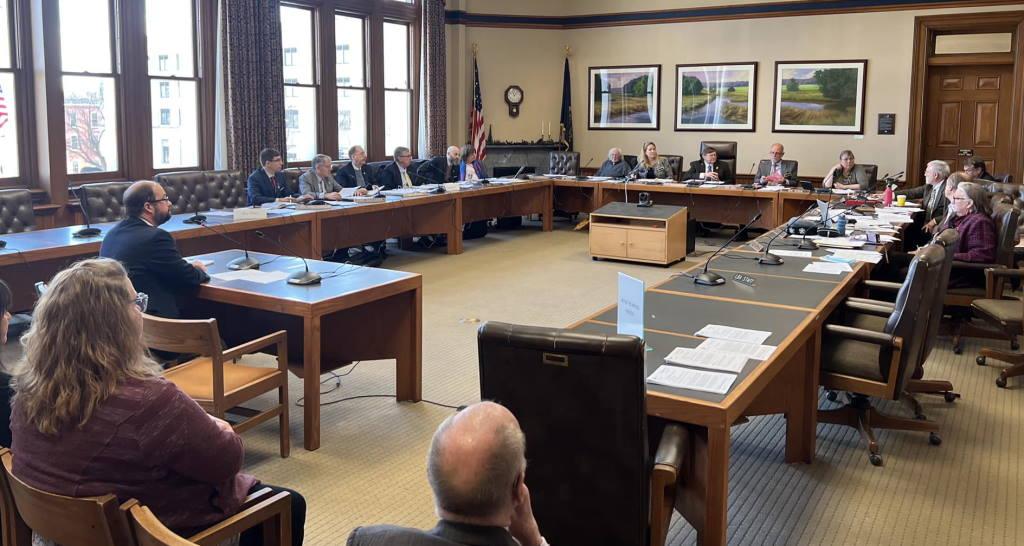When I was on the campaign trail running for State Senate last year, and Nick Germana was running for State Rep, I used to love getting voters to ask him about child care. Like me, Nick has family in the industry. He can speak with knowledge and passion about the value of early childhood education and on the importance of having decent salaries for workers in that field.
I was less happy when Donovan Fenton would talk about about child care, because I was running against him. The man has two small children and is well versed in the gross financial burden our current system places upon young families. I think it was pretty smart to make child care a key issue in his campaign messaging. While I still claim that my ideas about early childhood education were better than his (put kids first not business!), I guess the voters saw it his way because Donovan is a Senator now and I'm blogging.
All of this is to say that I'm very pleased that Nick and Donovan, in their new esteemed and honorable roles as legislators, are diving head-first into addressing our state's child care workforce shortage. Together, they have introduced House Bill 566 that would bring in some much needed funding to make sure that early childhood educators can at least get paid enough to stay in the industry.
Watch Nick and then Donovan in the hearing before the House Health, Human Services and Elderly Affairs Committee, and then watch the rest of the hearing:
Its worth watching some of the later testimony, which features child care center administrators explaining how challenging it is to retain teachers when they can pay only $15 an hour at a time when Target will pay $20
Here is some of Rep. Nick Germana's statement:
When we talk about the issues facing our state around childcare, we talk about affordability and accessibility. All too often, however, these two desirables are at odds with each other. Achieving the goal of affordability requires that we keep the cost of childcare down, ideally at 7% of a family’s income or less. The way this is usually achieved is by paying low wages to the women and men who deliver this vital service.
In my region of the state, the average preschool educator enters the field making $13.51/hr, and an experienced early childhood educator makes, on average, $17.51/hr. That works out to a little over $28,000/year and just over $36,000/year, respectively, in a state with an average cost of living of around $52,000/year (as of December 2021, doubtless considerably higher now).
To give a more personal example, my wife has been working as an early childhood educator for more than 25 years, and she has two college degrees – an associate’s in early childhood development and a bachelor’s in developmental psychology. She recently became a co-director of a center in Brattleboro, and for the first time in her life she is making just over $40,000.
Twenty-five years of working in the profession with two college degrees, and she is still earning about $10,000 less per year than the average cost of living in the state. Our 19-year-old son, who has taken time off from college to learn business from the inside, is currently the manager of the Jersey Mike’s restaurant in Manchester, and last year he made almost twice as much as his mother.
We certainly do not begrudge him that pay – we works extremely hard and has proven himself to be immensely valuable to his employers, but what does this say about how much we value the people who help nurture our children and keep them safe every day? The people who comfort them when we cannot, and prepare them for the academic and emotional challenges of the early school years?
You can see why I always loved to get Nick started talking about that.

